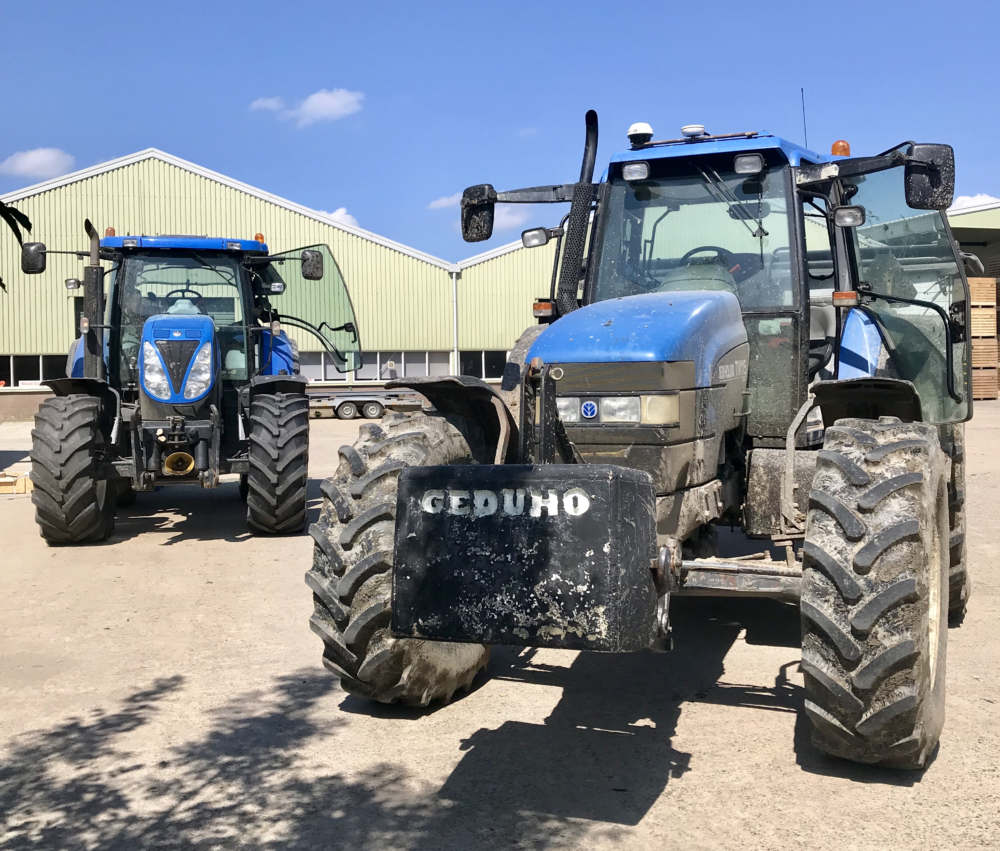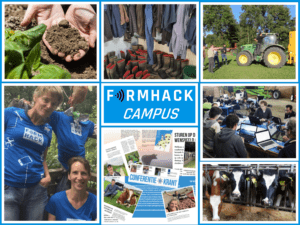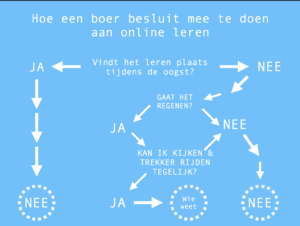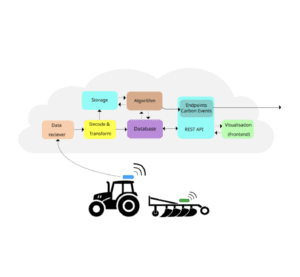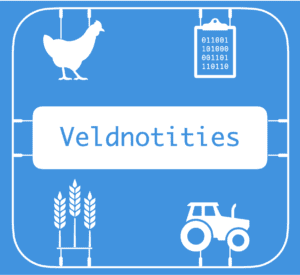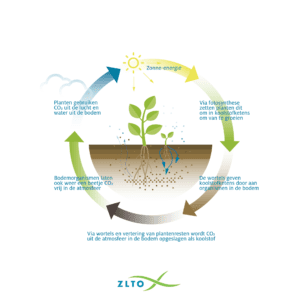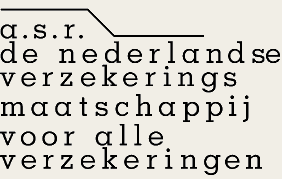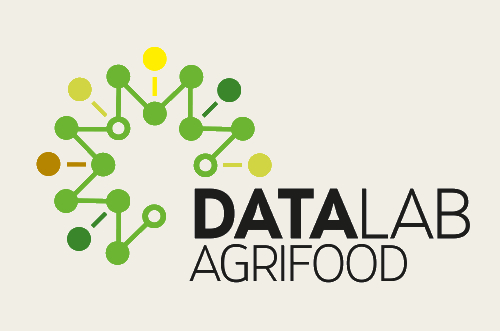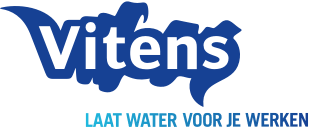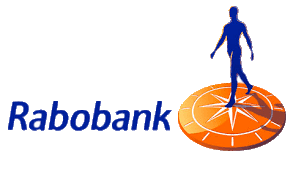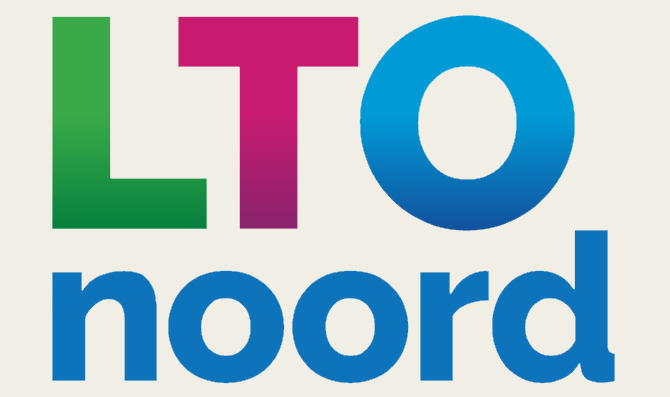
Door Anne Bruinsma
Niva challenge
At the WUR life Sciences hackathon on the 25th and the 26th of October four challengers will collaborate with students, tech entrepreneurs, researchers and domain experts on challenges from their field of expertise. In this blogpost Marc Middendorp from the Netherlands Enterprise Agency, explains the NIVA challenge.
Machine data for automatic compliance
Modern tractors and their implements are equipped with sensors that collect data about farming operations. Within the NIVA program nine European paying agencies are collaborating to explore possibilities for reuse of machine (and other) data. Marc Middendorp, a Geo-information business consultant at the Netherlands Enterprise Agency, explains: “We are looking for ways to reduce the administrative burden for both farmers ad paying agencies. We want te use data close to the source and we are inspired in IoT where sensor data flows seamlessly. We want to switch to ‘short data loops’, which means tapping into existing farm data streams. This switch will allow us to become more efficient and more service oriented. Farmers will benefit from ‘smooth’ application processes: fast, automatic and pain free”.
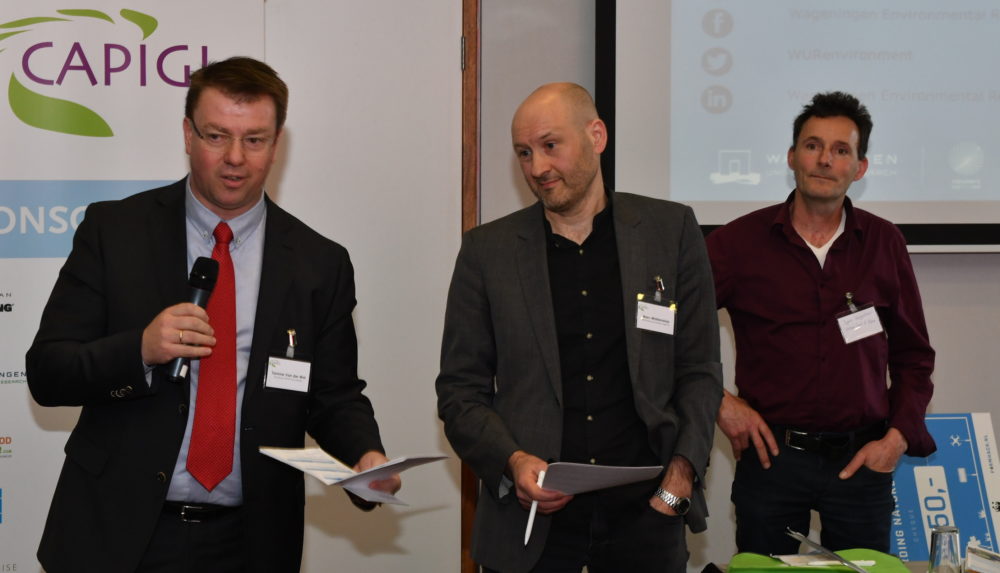
Marc Middendorp (in the middle) at the Rewarding Nature hackathon
In addition there could also be opportunities for innovative reuse of machine data, for example to monitor environmental and climate policies. Marc: “As agencies we believe that this will allow us to move from our traditional policing role to one where we can proactively reward farmers for ecosystem services. An example can be seen in Denmark, where the agency is experimenting with rewarding precision agriculture: in exchange for subsets of data farmers can reduce on catch crop requirements. Of course, this type of reuse of farm data has to be strictly regulated and contained, in order to safeguard the privacy of farmers and other related concerns. This challenge is very much a data governance challenge as well!”
Supporting this challenge is Paul van Zoggel, who runs a large initiative on Precision Agriculture in the South of the Netherlands (https://www.pcvpl.nl). Paul is Chief Data at the potato farm of Jacob van den Borne. On behalf of Jacob, Paul will act as datadonor and mentor to the team(s).
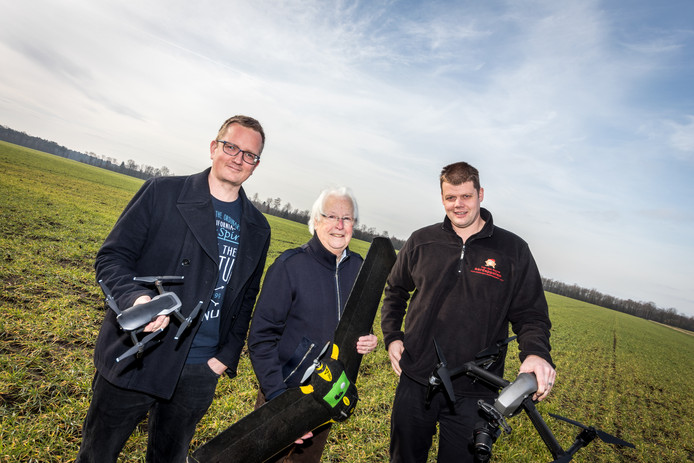
Chief Data Paul van Zoggel (left) with Precision Ag Potato Farmer Jacob van den Borne (right)
Who are we looking for?
For this challenge Marc and Paul are looking for students who are familiar with mechatronics of agriculture, databases, and data connections (webservices) as well as for data governance experts. Join them!
NIVA project
Within the NIVA project nine European Paying Agencies are collaborating to modernise the infrastructure governing direct payments (part of the EU’s Common Agricultural Policy). They are looking for ways to make efficient use of digital solutions and e-tools, by creating reliable methodologies and harmonised data sets for monitoring agricultural performance while reducing administrative burden for farmers, paying agencies and other stakeholders. The hackathon is part of one of the NIVA use cases, targeting location based farm machine data.
Machine Data Challenge
The machine data challenge can be approached from different angles like:
- Connectivity: Agencies will need to be able to deal with a multiplicity of data sources and different standards for data exchange. The challenge is in part to demonstrate a data pipeline from a machine data source (A, B or C) to the web services offered by the Netherlands Paying Agency. Making machine data consumable will lead to formatting and conversion challenges.
- Intelligence: Can data science or even AI help to retrieve knowledge from machine data?
The architecture as seen from the side of the Netherlands Enterprise Agency

Data for you to work on
We will be looking at the use case of catch crops, which means we need different types of processing data: harvesting main crop, sowing catch crop (mix, date, plot), plowing. As validation data we will use satellite data.
We are lucky enough to have Jacob van den Borne as data donor, a potato farmer in the south that produces large amounts of high quality precision agricultural data. He has GB’s of hyper accurate (geo)data available (if you are interested, you can read more on the type of data in this blogpost: https://www.farmhack.nl/de-landbouwdata-van-boer-jacob/)
In addition we will give access to a subset of machine data of a farmer in the North, that we collected through our open source data log project (Isoblue). And we have put a series of request to other stakeholders, such as Farm management systems, CEMA and others. We hope to be able to offer you a rich pool of relevant farm and machine data!
About RVO
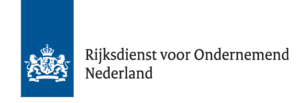
The Netherlands Enterprise Agency is a government agency which operates under the auspices of the Ministry of Economic Affairs and Climate Policy. Its activities are commissioned by the various ministries and the European Union. They stimulate entrepreneurs, NGOs, knowledge institutions and organisations and aim to improve opportunities, strengthen positions and help realise international ambitions with funding, networking, know-how and compliance with laws and regulations (more information: https://english.rvo.nl/topics/agricultural-enterprise)
